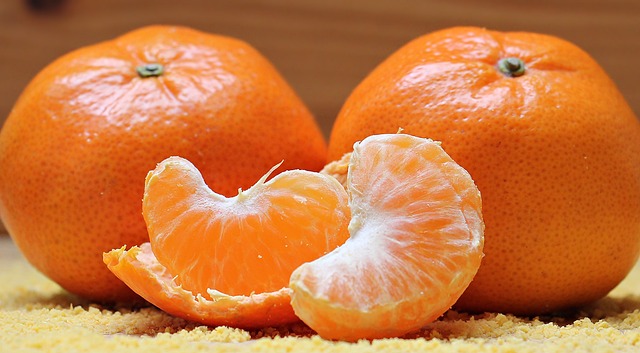Probiotics 101: Everything You Need to Know
Introduction
Probiotics are becoming increasingly popular in the health and wellness industry. They are live bacteria and yeasts that are good for our health, especially our digestive system. In this article, we will delve into the world of probiotics and understand everything you need to know about them.
What are Probiotics?
Probiotics are microorganisms that provide health benefits when consumed in adequate amounts. They are often referred to as “good” bacteria as they help maintain a healthy balance in our gut flora. Although bacteria are often associated with illness, our body is home to billions of beneficial bacteria that play a crucial role in our overall well-being.
Types of Probiotics
There are various types of probiotics, but the most common ones include:
- Lactobacillus: This type of probiotic is found in yogurt and other fermented foods. It can help with diarrhea and lactose intolerance.
- Bifidobacterium: These probiotics are found in some dairy products and can help ease symptoms of irritable bowel syndrome (IBS).
- Saccharomyces boulardii: This yeast probiotic can help with diarrhea and other digestive issues.
Health Benefits of Probiotics
Probiotics offer numerous health benefits. Here are some of the key advantages:
- Improved Digestive Health: Probiotics assist in the breakdown and absorption of nutrients, promoting a healthy digestive system. They can also help alleviate symptoms of common digestive disorders like constipation, diarrhea, and irritable bowel syndrome.
- Enhanced Immune System: A significant portion of our immune system resides in the gut. Probiotics help support immune function by maintaining a diverse and balanced gut microbiome.
- Reduced Risk of Infections: Certain strains of probiotics have been shown to reduce the risk of urinary tract infections, yeast infections, and even respiratory infections.
- Improved Mental Health: Emerging research suggests a strong connection between the gut and brain, often referred to as the gut-brain axis. Probiotics may help improve mental health conditions such as anxiety, depression, and stress.
- Support for Weight Management: Some studies indicate that certain probiotics may aid in weight loss and prevent obesity.
Sources of Probiotics
Probiotics can be obtained through both food and supplements. Some common food sources of probiotics include:
- Yogurt: Look for yogurts that contain live and active cultures, such as Lactobacillus and Bifidobacterium.
- Kefir: Similar to yogurt, kefir is a fermented milk drink that contains beneficial probiotics.
- Sauerkraut: Fermented cabbage is a traditional food that naturally contains live bacteria.
- Kimchi: A Korean side dish made from fermented vegetables, typically cabbage, radishes, and scallions.
- Tempeh: A fermented soy product that is a good source of probiotics for vegetarians and vegans.
Conclusion
Probiotics are an essential part of maintaining a healthy gut and overall well-being. They offer a wide range of health benefits, from improving digestion to boosting the immune system and promoting mental health. Incorporating probiotic-rich foods into your diet or taking probiotic supplements can help ensure you have a balanced and diverse gut microbiome. However, it’s always recommended to consult with a healthcare professional before starting any new supplements or making significant changes to your diet.







